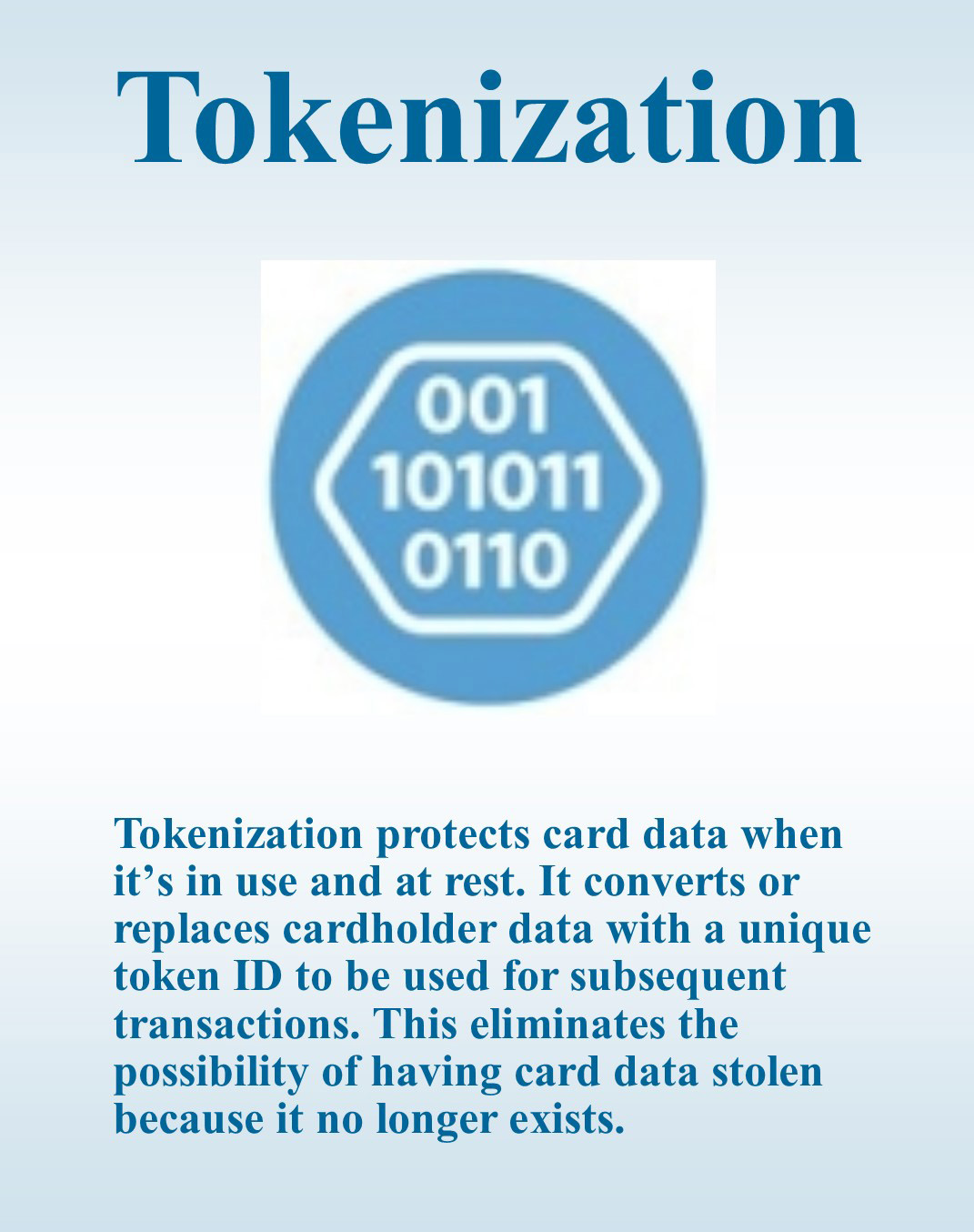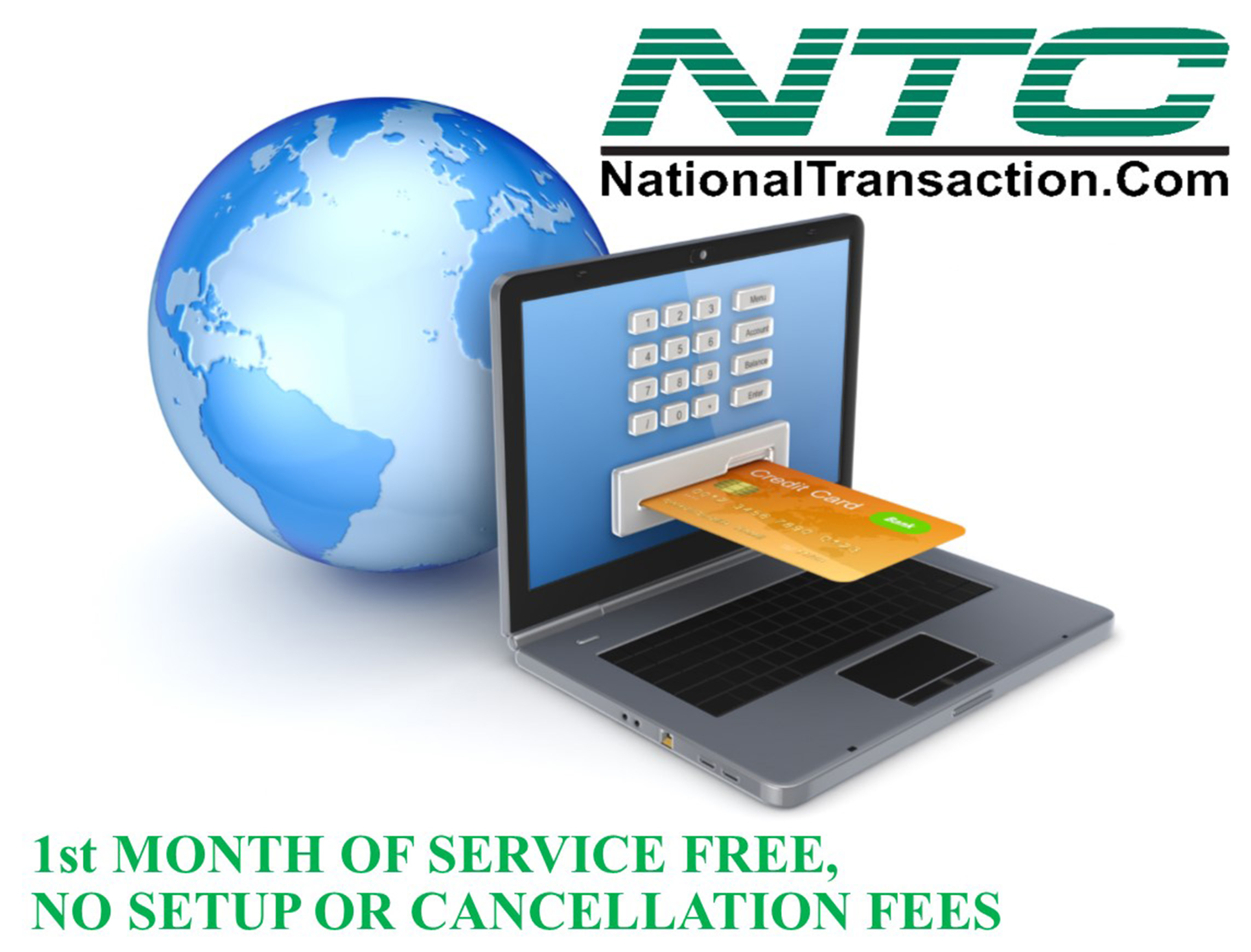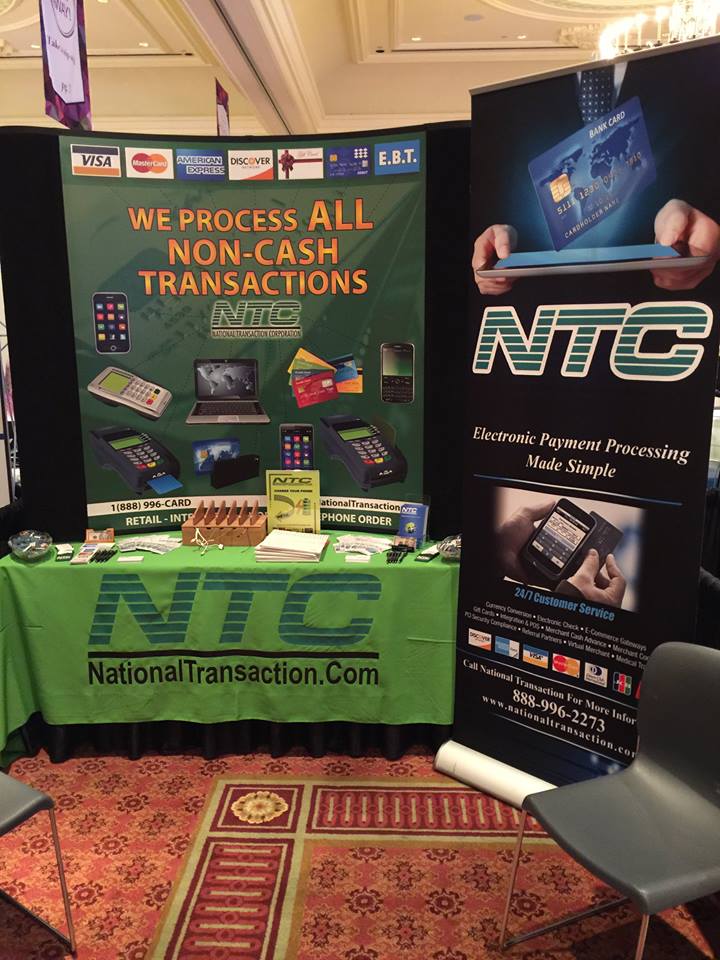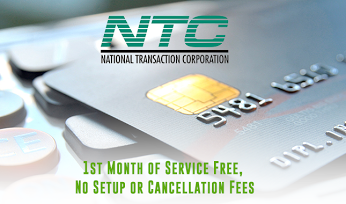October 10th, 2018 by Admin
Life has its ups and downs, and we all know of those times where you feel like giving up. These quotes will you motivated and ready for round two!
When you reminisce the past because it was “easier.”
1. Be loyal to your future, not to your past.

When people say you are not ready to start a business:
2. You are never too old to start an empire, or too old to chase a dream.

When you feel you are not moving in the right direction:
3. The difference between who you are and who want to be is what you do.

When the nay-sayers say you are spending too much time on your “little dream”:
4. I would much rather work 16hrs a day for myself, than 8 hours a day working for someone else.

When you need to get started:
5. If you want to achieve greatness stop asking for permission.

When you are not sure how to stay motivated:
6. Create a vision that makes you wanna jump out of bed in the morning.

When you are too scared of trying:
7. You have no idea what you are capable of until you try.

When you need to remember why you are doing it:
8. The goal isn’t more money. The goal is living life on your own terms.

When you are not sure if you are ready:
9. If you wait until you’re ready, you’ll be waiting for the rest of your life.

When you are ready to make a change:
10. You’re only one decision away from a totally different life.

Posted in Daily Inspiration Tagged with: boss, bossbabe, business, customer, e-commerce, entrepreneur, entrepreneurship, ideas, inspiration, inspire, motivation, quote, quote of the day, quotes, transaction
October 7th, 2018 by Admin

National Transaction is celebrating 21 years in the business today. Founded in 1997 National Transaction (NTC) purpose is to serve businesses of all sizes with their cash flow with the highest levels of professionalism and care.
This 21 year anniversary would not be possible without our leader, Mark Fravel and we want to take you back to his why and the reason we are still here today.
The beginnings:
Mark, a single parent of 3 beautiful daughters, wanted to provide for their kids without being on the road all the time. And so, with this passion in mind, a desire to serve and commitment to his family, National Transaction was born.
NTC began like many business and passions, with no customers and only one employee but quickly grew and Mark knew that leading with confidence and excellence will drive this business somewhere.
The Present:
Now, NTC often ranks in the top 10 of many data and technology awards. This Excellence has also earned us an A+ rating in the Better Business Bureau.
This 21 years would not be possible without our desire to help a business grow and give them the right tools for their transactions. We love being on the phone with our customers, we love getting to know them and how we can provide our best service.

The Future
Mark started this with a desire to be a family man, and so, this family feeling has stayed with our company. We treat our team like family, and we are excited about what our future holds the next 21 years.
Thank you for celebrating 21 years of customer service, passion, connection and above all, quality. We will continue to provide you with the best service we know how to give, and we will uphold our promise and mission to make digital transactions reliable and simple to the merchant and familiar to the consumer, reducing the complexity and expense to both.
Thank you for being part of the National Transaction Corporation‘s family.
Posted in nationaltransaction.com Tagged with: Anniversary, ASTA, Better Business Bureau, business, card, consumers, credit card, credit cards, credit-card, customer, customers, data, e-commerce, entrepreneur, entrepreneurship, MasterCard, merchant, merchant account, merchants, Mobile Payments, National Transaction, payments, point of sale, Security, transaction, visa

August 18th, 2017 by Elma Jane
Before you can start accepting credit card or electronic payments, there are a number of factors to consider.
You will need to decide on a Point of Sale system. Some Merchant Services Providers require you to use only their equipment.
Some of these systems have expensive equipment costs. Others will provide you with free card readers. Companies offering free equipment may do so in exchange for higher processing fees.
Before you choose a Merchant Services Provider, you should look into how they work those fees.
Understanding Processing Fees
Credit card processing fees have several moving parts, so we aren’t going to dive too deeply into how these fees are determined. We will, however, take a broad overview.
Merchant Services Providers will charge either a flat rate, a percentage, or a combination of the two. This fee is called an interchange rate.
Interchange rates vary between card providers, which is why some sellers don’t accept certain credit cards and why many small companies have minimum requirements for credit card payments.
Some Merchant Services Providers don’t charge a flat transaction fee, however, they usually charge a higher percentage for payments.
Each model has its benefits and disadvantages.
Before choosing a Merchant Services Provider, familiarize yourself with their processing fees. Consider how they will fit with your business model. Are most of your transactions smaller or larger? How much will a free card reader save you?
Weigh every option out before you lock yourself into an agreement.
For Payment Consultation call now and speak to our Payment Consultants 888-996-2273!
Posted in Best Practices for Merchants Tagged with: card readers, credit card, electronic payments, interchange, merchant, point of sale, transaction

May 8th, 2017 by Elma Jane
Tips for preventing funding delays!
If you’re running an unusual transaction and know of it beforehand, let your merchant provider know; sending an invoice in advance can cut processing time.
Make sure to give your most up to date information. Keeping provider in the loop on the fluctuations in your processing volumes will help tremendously, especially as your business grows.
Funding delays are an inconvenience, but being prepared can keep the delay to a minimum. If you keep these tips in mind, you’ll be processing without ever having to worry about delays again.
Flagged, Security and Review Process
Why some merchant accounts hold funds and others do not?
There are a number of reasons:
Underwriting merchant account is ongoing. Imagine a small business convenience store was set up and accidentally enters $1,000.000 should we transfer that or hold it?
One reason is something has gone with that particular business account.
Another reason could be that particular institution’s practices are more efficient than others.
Financial institutions use different payment processing systems, and they are not uniform in their practices. For this reason, some transactions are significantly faster than others.
Though there are other reasons funds get held, the main reason for this occurrence is when a payment is out of the ordinary patterns.
Unusual transactions are any transaction that vary from your typical processing patterns.
If It’s for security, an account will be flag as a way to reduce fraud as well as ensuring no one is using your account.
How do I know if I’m flagged?
Security checks are carried out by processing banks or processor. You’ll be contacted by a loss prevention officer. They’ll provide all details of the hold, including the review process as well as the next steps.
What’s the review process?
The review is simply to verify your transaction before delivering your funds. A typical review is confirming the transaction with yourself as well as your customer’s credit card company. You’ll speak briefly with a loss prevention officer to discuss the transaction. If further review is required, the loss prevention officer may ask you for a copy of the transaction’s invoice.
How can I speed up the process?
For an easy review, make sure to provide detailed documents. When an invoice is asked for, make sure it clearly shows the following:
- Product Description of Items Sold
- Your Customer’s Name
- Address
- Phone Number
For Electronic Payment set up call now 888-996-2273 or go to NationalTransaction.Com
Posted in Best Practices for Merchants Tagged with: credit card, electronic payment, funds, merchant provider, processor, Security, transaction

April 27th, 2017 by Elma Jane
Adding Tokenization Service
Important notes when adding tokenization:
– Tokens replace credit or gift card numbers.
– The terminal must be enabled to accept tokenization.
– Tokens are unique for each merchant, for example:
The same card will produce a different token for each merchant.
– Merchants with multiple terminals sharing tokenization domains will receive the same token for a unique card and the token can be used across their stores if they wish to do so.
– Merchants may supply the token in place of card information in any subsequent transaction.
– Tokenization is supported for both credit cards and gift cards.
Tokenization protects card data when it’s in use and at rest. It converts or replaces cardholder data with a unique token ID to be used for subsequent transactions. This eliminates the possibility of having card data stolen because it no longer exists within your environment.
Tokens can be used in card not present environments such as e-commerce or mail order/telephone order (MOTO), or in conjunction with encryption in card present environments.
Tokens can reside on your POS/PMS or within your e-commerce infrastructure “at rest” and can be used to make adjustments, add new charges, make reservations, perform recurring transactions, or perform other transactions “in use”.
For Electronic Payment Set up with Tokenization call now 888-996-2273
or click here NationalTransaction.Com
Posted in Best Practices for Merchants Tagged with: card present, card-not-present, credit, e-commerce, electronic payment, encryption, gift Card, merchant, moto, POS, terminals, tokenization, tokens, transaction

February 16th, 2017 by Elma Jane
Chargeback Cycle
A chargeback is also known as a reversal; a credit card transaction that is reversed to a merchant because of the customer or customer’s bank disputes charges. Other reasons include fraud, credit card processing errors, authorization issues and non-fulfillment of copy requests. There’s an assigned reason code for every chargeback. Reason codes may vary by VISA and MasterCard.
How does the chargeback cycle work?
1. A customer files a complaint to card-issuing bank.
2. The bank sends disputed transaction (chargeback) to acquirer.
3. Acquirer receives chargeback and resolves it or forwards to the merchant for documentation.
4. Merchant accepts chargeback or addresses issues and resubmits to Acquirer.
5. Acquirer represents the chargeback to the issues once acquirer agrees the merchant has properly addressed it.
6. The issuer resolves the dispute by reposting to the cardholder’s account.
7. The cardholder receives dispute information and may be rebilled or credited.
Every merchant that offers credit card processing to its customers should be concerned about chargebacks to their merchant account.
Lower your risk of chargebacks by following the tips below:
Verify card logos, credit card numbers, identification, customer signature and check the expiration date.
Call for voice authorization if the card stripe doesn’t work or if the terminal is down or cannot authorize.
Authorize every transaction.
Be sure your customers are familiar with your return or exchange policy.
Posted in Best Practices for Merchants Tagged with: bank, cardholder, chargeback, credit card, customer, merchant, merchant account, transaction

February 6th, 2017 by Elma Jane
Managing Chargeback:
Chargeback – a forcible reversal of funds due to a credit card holder’s dispute of the transaction. Chargebacks can be a huge headache for a business owner, it can affect a business’ ability to maintain a credit card processing account and put funds on hold.
How can you protect your business and maintain a good processing account? First, you need to know the basic chargeback types:
- Clerical – duplicate billing, incorrect amount billed or refund never issued.
- Fraud – consumer claims they did not authorize the purchase or claims identity theft. Fraud disputes can be more complicated since they are the result of fraudulent consumer purchases.
- Quality – consumer claims to have never received the goods as promised at the time of purchase.
- Technical – expired authorization, non-sufficient funds or bank processing error.
Managing chargebacks is an important piece and it can certainly be reduced, to save your business, time, money and reputation.
For Electronic Payments Set up call now 888-996-2273 or visit www.nationaltransaction.com and click get started.
Posted in Best Practices for Merchants Tagged with: bank, chargeback, consumer, credit card, fraud, funds, processing account, refund, transaction

January 31st, 2017 by Elma Jane
Selecting a Payment Provider
Selecting electronic payments provider for your business is critical. NTC believes that the process starts with an honest assessment of your business and the types of credit card processing options it requires. (Retail or e-commerce, Card Present or Card-Not-Present)
Card present transaction is the most common type of account. Card-Not-Present (CNP) is a different type of account if you run a MOTO (mail order telephone order) or Internet operation.
Here are some points to keep in mind in selecting your electronic payments provider:
Referrals from fellow business owners and checking out payment providers online.
Evaluate products and services as well as cost to determine which electronic payments provider offers the biggest savings for your business.
Make sure the deals you’re considering include all the features and services you need and none that you won’t use.
Keep upgrade options in mind.
Look for 24/365 support and discuss customer service support.
Read the fine print in your contract.
The merchant account provider’s reputation is important, so find out how long they’ve been in business and their reputation in the industry.
NTC has over 20 years’ of Bankcard History. Helping businesses of all sizes for over 25 years in the industry. Call us now 888-996-2273 and tell us all about your business needs and requirements and we’ll put together a package of products and services that will best serve your credit card processing needs. There are a variety of solutions, so it’s important to focus in on those that directly address your needs.
Posted in Best Practices for Merchants Tagged with: cnp, credit card, customer, e-commerce, electronic payments, internet, merchant account, online, payment provider, payments, retail, transaction

January 24th, 2017 by Elma Jane
How to set up a travel merchant account?
First, you need to find a Merchant Service Provider.
Put together your business profile so you can start applying for a merchant account.
There are questions that you’ll need to answer, that way merchant account providers have an idea of how they should set up your account.
Some of the questions are:
Is your business seasonal?
For Travel Agencies or Tour Operators, it is seasonal, there will be high and low volume. NTC works with seasonal downtime.
How do you intend to accept payments?
Different business models require different methods of accepting payments.
If you’re doing face to face transaction and have a physical location then you need a credit card terminal.
If you process checks, then you need Electronic Check and ACH Transfers.
For e-Commerce shopping carts, wireless/mobile, you can check out our Converge Virtual Merchant and NTC e-Pay.
How much volume do you plan on processing?
Merchant account providers are going to want to know how much sales volume you plan on processing per month.
If you’re new in the business – give just an estimate average of how much you’ll be processing (per month), within the first 6-months of operation.
if you’ve been in the business – you’ll already have this number ready.
What will be your average ticket price?
Example:
Total Sales Revenue = $150,000
Total Number of Sales = 500 150,000/500 = $300 (Average Ticket Price)
If you need to setup an account give us a call at 888-996-2273 or use our contact form.
Posted in Best Practices for Merchants Tagged with: ach, credit card, e-commerce, E-Pay, Electronic Check, merchant account, merchant service provider, mobile, payments, shopping carts, terminal, transaction, travel, virtual merchant

January 23rd, 2017 by Elma Jane
What Makes Up The Rate That You’re Paying?
Most rates are made up of three parts:
Interchange – Goes to the bank that issued the card, and is typically made up of a flat rate plus a percentage of the sale.
Assessments – Go to card network like Visa, MasterCard, Amex, Discover etc.
Processor fees – Fees involved with providing the service, risk assessments, the type of transaction, and the size of the transaction. This portion includes the margin between the total rate and the two previous parts, along with any incidental fees, like chargeback or statement fees.
There are a lot more intricacies of what makes up a credit card rate, but this information gets you off to a good start. If you’re interested in learning more about electronic payments, check our website www.nationaltransaction.com or call now 888-996-2273 and talk to our Payment Consultant.
Posted in Best Practices for Merchants Tagged with: bank, card, card network, chargeback, credit card, merchant, payment, processor, transaction



















